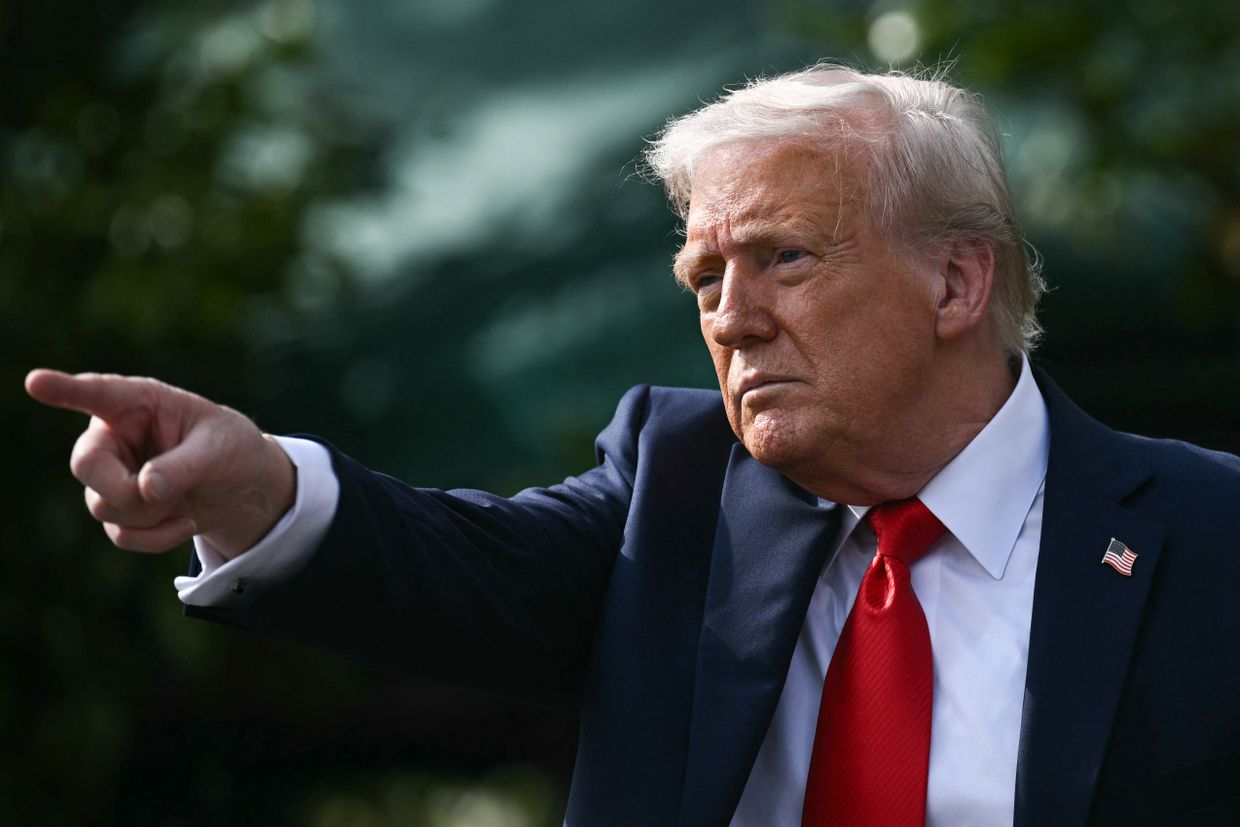Top Ukrainian officials arrive in Paris for talks with European, US officials

Editor's note: The article was updated after Ukrainian and European delegates concluded their talks.
Presidential Office head Andriy Yermak, Foreign Minister Andrii Sybiha, and Defense Minister Rustem Umerov arrived in Paris on April 17 to discuss security guarantees for Ukraine and meet visiting U.S. officials.
"As part of the visit, a series of bilateral and multilateral meetings are planned with representatives of countries from the coalition of the willing and able to guarantee security — including France, Germany, and the United Kingdom," Yermak said on X.
The British- and French-led coalition of the willing, involving some 30 countries, was launched in March to provide security guarantees for Ukraine in case of a ceasefire. Six members of the coalition are reportedly ready to deploy their troops on the ground to monitor the truce.
Later in the day, after initial discussions, Yermak said that Ukrainian and European officials "exchanged views on the next steps toward achieving a just and lasting peace." These included implementing a ceasefire, a reassurance force, and an effective security architecture for Ukraine.
European delegates involved in the talks included French presidential diplomatic advisor Emmanuel Bonne, U.K. National Security Adviser Jonathan Powell, and German National Security Advisor Jens Plotner.
"Meetings are also scheduled with representatives of the United States currently present in France," Yermak noted.
France is hosting U.S. Secretary of State Marco Rubio and Special Envoy Steve Witkoff, who arrived in the country to "advance President (Donald) Trump’s goal to end the Russia-Ukraine war," the U.S. State Department said.
Kyiv and its European partners have been working to secure stronger security commitments from the U.S. to help deter any future Russian aggression. As Washington ruled out contributing its troops to the planned "reassurance force" in Ukraine, London seeks to sway Trump toward providing at least intelligence or airpower support — so far without success.
Instead, Trump is trying to hash out a ceasefire deal between Kyiv and Moscow, using a strategy seen by critics as favorable to Russian positions.
The U.S. president has temporarily paused military and intelligence aid for Ukraine to pressure it to the negotiating table, while his threats to impose additional tariffs and sanctions against Russia have yet to materialize.
Trump's efforts to broker a ceasefire have nevertheless stalled, as Russia continues to reject a full 30-day truce, and has violated a partial ceasefire on strikes against energy infrastructure.
This has reportedly led to a split within Trump's team, with some officials, like Rubio, urging a tougher stance toward the Kremlin, while Witkoff continues to push for a deal with Russian President Vladimir Putin.












